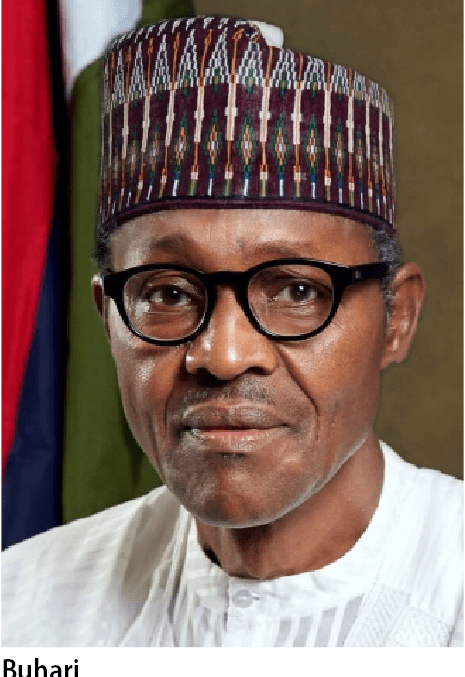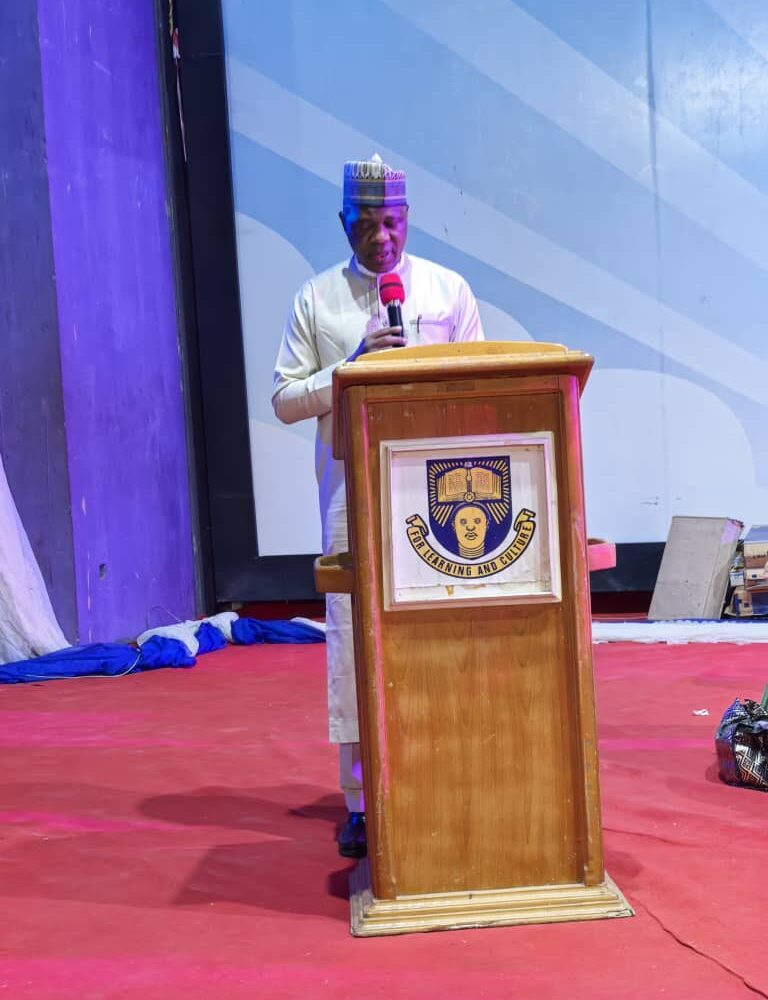Reactions have continued to trail the presentation of the 2018 budget to the national assembly by the president with experts expressing mixed feelings.
The president had on Tuesday, laid the 2018 budget of N8.6 trillion before the joint session of the national assembly assuring that the 2018 holds more promises for the nation.
The federal government plans to spend about N8.612 trillion in 2018, a 16 per cent increase over the 2017 budget of N7.44 trillion.
The revenue projection is predicated on crude oil price benchmark of 45 dollars per barrel and daily crude oil production of 2.3 million barrels at N305 to the dollar.
As should be expected, the infrastructure sector represented by works, power and housing got the largest share of the budget with a proposed allocation of N555.88 billion.
The focus on infrastructure may not be unconnected with the government’s determined move to address the critical infrastructural deficits in the country.
From deplorable state of roads, especially federal roads that crisscross the 36 states of the nation to poor power supply which appears to have recorded little or no improvement even in the face of privatization, to a huge housing deficits, Nigerians are worried about the poor state of infrastructure.
“Perhaps the large chunk of the allocation voted to the sector, if supported with prompt releases, will address the nation’s infrastructure needs”, Engr Musa Danmaliki, a member of the Nigerian society of engineer, said.
But reacting to the budget, experts said while the president’s speech appears reassuring, the poor performance of the 2017 budget, judging by the low releases, has further cast doubt on the whole intention of government.
Accordingly, Economic and financial experts urged the federal government to ensure full implementation of the 2018 budget when passed into law.
The experts also lauded the $45 per barrel benchmark for crude oil in the 2018 budget proposal President Muhammadu Buhari presented to a joint session of the National Assembly on Tuesday.
An economist, Prof. Okey Onuchukwu, urged the federal government to ensure full implementation of the 2018 budget when passed into law.
Onuchukwu, a lecturer at the University of Port Harcourt, who made the appeal while addressing newsmen in Port Harcourt, noted that budget implementation had remained a major problem in the country.
He said that the Buhari-led government had in the past two fiscal years “failed to religiously implement the budget’’.
On his part, former president of the National Association of Energy Economics, Prof. Adeola Adenikiju said, “The current benchmark adopted for oil price seems reasonable.
“Currently, the average price of oil is significantly above that due to combination of factors – some fundamental, others part of the normal transitory factors that affect the price of oil. “Most forecasts of oil seem to project oil price in 2018 around upper $40s to middle $50s’’.
Also, asked what would be the case should crude price suddenly nosedive below $45, an economy expert who lectures in a private university, Mrs Felicia Chiogor, said markets are unpredictable.
She said, “Nobody can actually predict what 2018 holds and what interplay of geo-political forces that will impact on global energy market.
“However, the essence of the Sovereign Wealth Fund (SWF), where there is a portion of the excess price, could be used for budgetary support.
“Moreover, fiscal and monetary policies can be used to mitigate the impact of any shortfall in the price of oil below the benchmark, if that were to occur on the economy, especially if it’s perceived to the temporary’’.
The experts lauded the part of the budget proposal that projected N4.165 trillion from non-oil sector, calling it a welcome development to trigger creativity and reduce oil-dependence.





